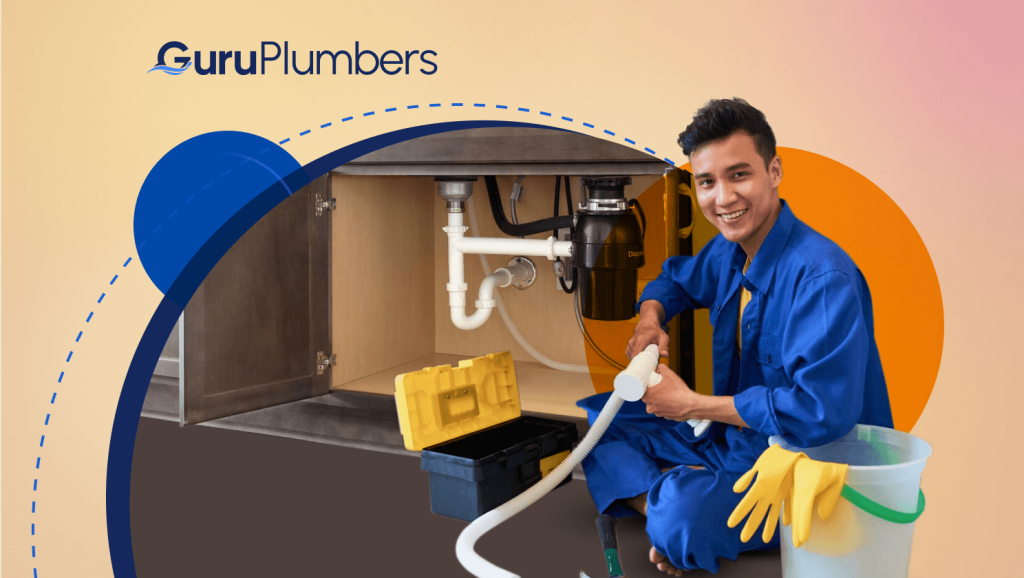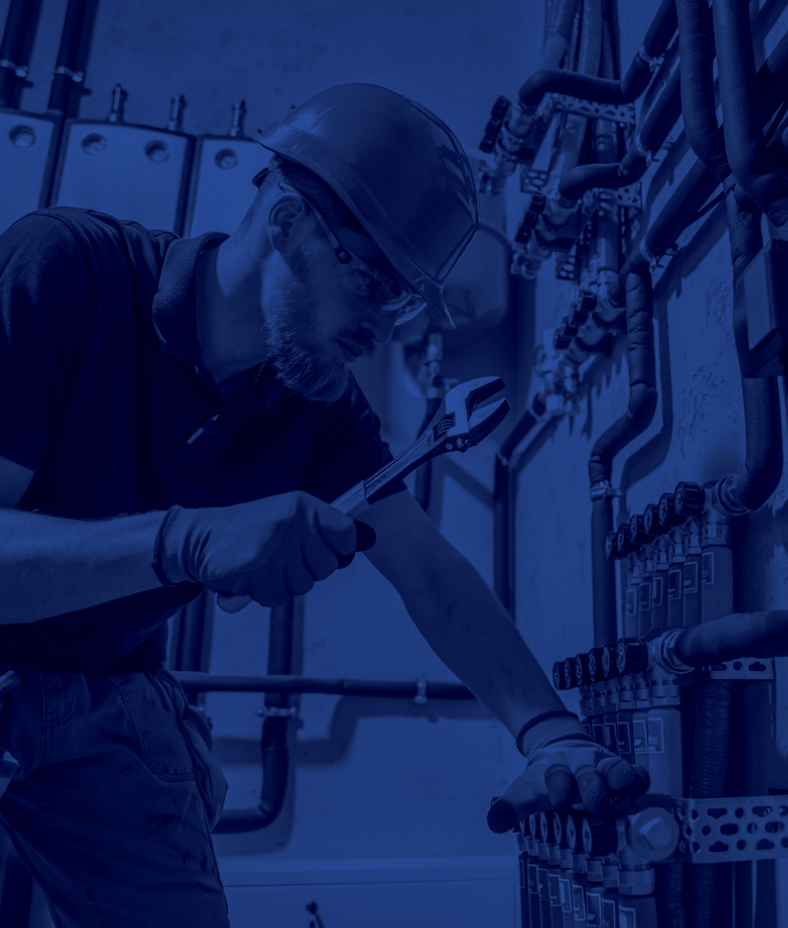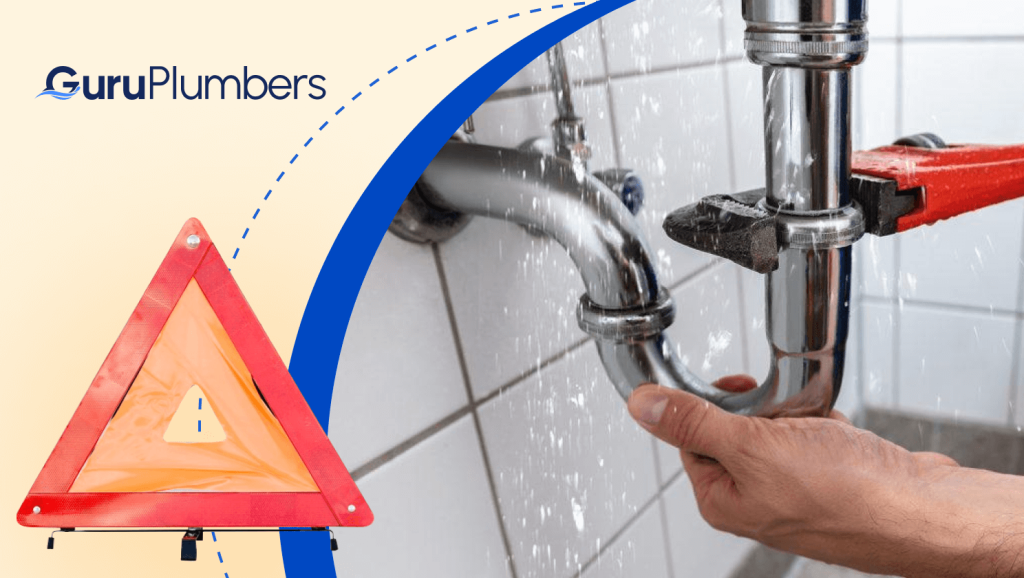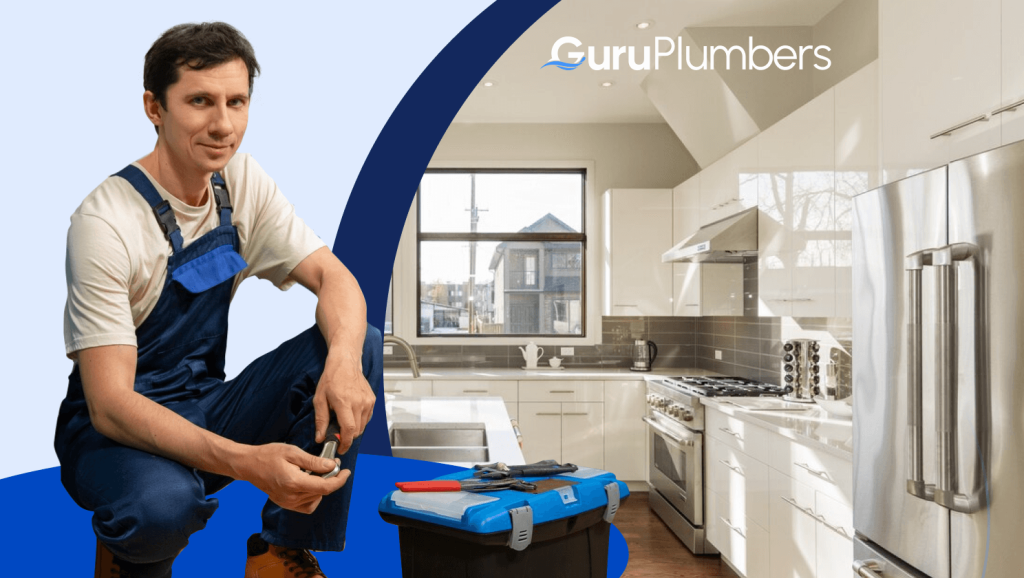For your home to run smoothly, you must maintain a healthy plumbing system. A well-maintained plumbing system ensures efficient water flow, proper drainage, and minimal disruptions to daily activities.
Plumbing disasters can lead to significant consequences, including costly repairs, extensive water damage, mold growth, and compromised structural integrity of your home. Addressing issues promptly and maintaining your system can prevent these outcomes.
The purpose of this guide is to provide homeowners with practical tips and strategies to prevent plumbing issues, ensuring a reliable and efficient plumbing system.
Understanding Your Home’s Plumbing System
Overview of the Basic Components of a Home Plumbing System
- Pipes: Transport water to and from various fixtures and appliances.
- Fixtures: Include sinks, toilets, showers, and bathtubs.
- Appliances: Water heaters, dishwashers, washing machines.
- Valves: Control the flow of water through the system.
Explanation of How the Plumbing System Works
- Water Supply: Fresh water is delivered to your home through a network of pipes from a municipal supply or a private well.
- Drainage: Used water is carried away through drain pipes to a septic tank or the municipal sewer system.
- Pressure: Water pressure is maintained by a series of valves and regulators to ensure consistent flow.
Importance of Knowing the Layout and Key Components of Your Plumbing System
- Efficient Troubleshooting: Identifying issues quickly and accurately.
- Preventive Maintenance: Regularly checking and maintaining key components to avoid major problems.
- Emergency Preparedness: Knowing the location of shut-off valves can minimize damage during leaks or bursts.
Understanding your plumbing system’s basics can help you maintain it effectively and prevent costly and disruptive plumbing disasters.
Regular Maintenance and Inspections
Importance of Routine Maintenance for Preventing Plumbing Problems
Identifying and resolving minor issues early on is crucial to preventing major problems later on. Regular checks help prevent leaks, clogs, and other plumbing failures, saving you time and money.
Checklist of Regular Maintenance Tasks
- Inspect Pipes: Look for signs of corrosion, leaks, and damage.
- Check for Leaks: Examine under sinks, around toilets, and near appliances.
- Test Water Pressure: Ensure it is within the recommended range (40-60 psi).
- Clean Drains: Remove debris from sinks, tubs, and showers.
- Inspect Water Heater: Check for leaks, rust, and test the pressure relief valve.
- Check Toilet Function: Ensure it flushes properly and doesn’t run continuously.
Tips for Conducting a Thorough Plumbing Inspection
- Visual Inspection: Use a flashlight to examine hidden areas.
- Listen for Unusual Sounds: Gurgling, banging, or dripping can indicate issues.
- Check Water Meter: Monitor for unexpected increases, indicating leaks.
- Inspect Outdoor Plumbing: Check hoses, faucets, and irrigation systems.
Common Plumbing Problems and How to Avoid Them
Clogged Drains
- Causes: Grease, hair, soap scum, food particles.
- Prevention Tips: Avoid pouring grease down the drain, use drain screens, dispose of food waste properly.
- DIY Solutions: You can use a plunger, pour boiling water down the drain, or mix vinegar and baking soda.
Leaky Faucets and Pipes
- Common Causes: Worn-out washers, corrosion, loose connections.
- Steps to Fix Minor Leaks:
- Faucets: Replace washers or cartridges.
- Pipes: Tighten connections or replace damaged sections.
- When to Call a Professional: Persistent leaks, corrosion, leaks in hard-to-reach areas.
Running Toilets
- Causes: Faulty flapper, fill valve issues, improperly adjusted chain.
- How to Diagnose and Fix:
- Check the Flapper: Ensure it seals properly.
- Adjust the Chain: Make sure it’s not too long or too short.
- Replace the Fill Valve: If it’s not shutting off correctly.
Water Heater Issues
- Signs of Problems: Strange noises, inconsistent hot water, leaks around the heater.
- Maintenance Tips:
- Flush the Tank: Remove sediment buildup annually.
- Inspect the Anode Rod: Replace if more than 50% worn.
- Check the Temperature: Set it to 120°F to prevent overheating.
Preventive Measures for Seasonal Plumbing Issues
Winter: Preventing Frozen Pipes
- Tips for Insulating Pipes: Use foam insulation sleeves or heat tape, especially in unheated areas like attics and basements.
- Keeping Pipes Warm: Keep interior doors open to allow warm air to circulate, and consider using space heaters in cold areas.
- What to Do If Your Pipes Freeze: Shut off the water supply immediately, thaw pipes using a hairdryer or hot towels, and contact a plumber if necessary.
Spring: Addressing Post-Winter Damage
- Checking for Leaks and Damage: Inspect pipes for signs of leaks or cracks caused by freezing temperatures, paying attention to exposed pipes and those in unheated areas.
- Cleaning Gutters and Downspouts: Remove debris from gutters and downspouts to prevent water from leaking into your basement.
Summer: Managing Increased Water Usage
- Tips for Conserving Water: Clean outdoor surfaces with a broom instead of a hose, and fix leaks immediately.
- Ensuring Your Sprinkler System Is in Good Working Order: Inspect sprinkler heads for damage, adjust the settings for optimal water distribution, and repair any leaks or clogs.
Fall: Preparing for Cold Weather
- Steps to Take Before the Onset of Winter: Drain outdoor faucets and hoses, insulate exposed pipes, and inspect insulation in attics and crawl spaces.
- Inspection of Heating Systems: Ensure your furnace or boiler is in good working order to prevent heating-related plumbing issues during the colder months.
Knowing When to Call a Professional
Signs That You Need Professional Plumbing Help
- Persistent Clogs: If plunging or DIY methods fail to clear a clog, it may indicate a more serious blockage in the pipes.
- Major Leaks: To prevent water damage, a plumber must be contacted immediately if there are large leaks or burst pipes.
- Sewer Line Issues: Foul odors, slow drains throughout the house, or sewage backups are signs of sewer line problems that need professional inspection.
How to Choose a Reliable Plumber
- Research: Look for licensed, insured plumbers with positive reviews and recommendations from friends or family.
- Experience: Make sure the plumber you choose is well experienced in the type of plumbing issue you have.
- Get Multiple Quotes: Compare quotes from different plumbers to ensure fair pricing for the services you need.
Importance of Acting Quickly to Prevent Minor Issues from Becoming Major Disasters
- Cost Savings: Preventing water damage and costly repairs by responding promptly to minor plumbing issues is key to saving money.
- Preventive Maintenance: Regular maintenance and prompt repairs help extend the lifespan of your plumbing system and reduce the risk of major failures.
- Peace of Mind: Knowing that your plumbing system is in good condition allows you to enjoy your home without worrying about unexpected disasters.
Final Thoughts
For your home’s functionality and integrity, it is essential that your plumbing system remains in good condition. Taking the preventive measures outlined in this guide will significantly reduce your risk of plumbing disasters and costly repairs. Here are a few highlights from the blog post:
- Regular Maintenance: Identify and resolve minor problems before they escalate by performing routine checks and maintenance.
- Common Plumbing Problems: Recognize and prevent problems such as clogged drains, leaky faucets, running toilets, and broken water heaters.
- Seasonal Precautions: Take preventive measures to protect your plumbing system during winter, spring, summer, and fall.
- Knowing When to Call a Professional: Learn when to call a plumber and how to choose an experienced plumber.
- Importance of Acting Quickly: Addressing minor issues promptly can prevent major disasters and save you time and money in the long run.
Keeping your plumbing system in good working order requires proactive maintenance to prevent plumbing disasters. If you have any questions or need assistance, don’t hesitate to reach out to a professional plumber for help.



